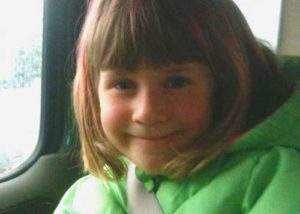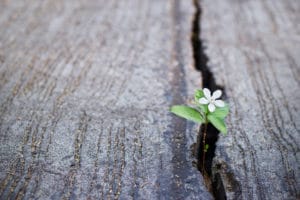[Estimated reading time: ≈1 minute] I always say that I don’t gravitate toward fiction, in my writing or my reading. “Why would I want to read about made-up people when real people are so interesting?” I like to “learn something,” I always say. I read about rock art discoveries, women travelers, the writing life, Henrietta Lacks.
In the summer of 2020, at the Trident Bookstore in Boulder, Colorado, I came face to face with my own fiction regarding my reading of fiction.
When I got there, I told the woman at the desk what I just told you, “I don’t really read fiction.” I also told her that my kit lit advisor at school had recommended that I read good fiction over the summer.
“I want a great story, really well-written.” I said.
As we walked the aisles and she pointed out recommendations — books by Toni Morrison, Ian McEwan, Sue Monk Kidd, Chinua Achebe — “Oh, I read all of hers. Loved him, Atonement anyway. Just listened to The Book of Longings on my drive out from New York; what imagination. Things Fall Apart, I have to admit that I haven’t read it but I did meet his wife once, at my great-aunt’s house. Very kind woman.” We passed The English Patient. “A great book and a great movie.” I didn’t mention that I’ve seen it at least six times and read it twice.
I went on to tell her that I’ve been a lifelong mystery reader. I read the Russians at the beach one summer after college. Salman Rushdie and the Latin American magical realists the next. In my thirties, Ayn Rand, more dystopias, Terry McMillan, then all of Tom Robbins and John Updike.
“Last year Arundhati Roy’s Ministry of Utmost Happiness possessed me for a month. Then I was completely enchanted by Tan Twan Eng’s Garden of the Evening Mists.”
“It doesn’t sound to me like you don’t read fiction,” the woman said.
I left the store with Ann Patchett’s Bel Canto.




